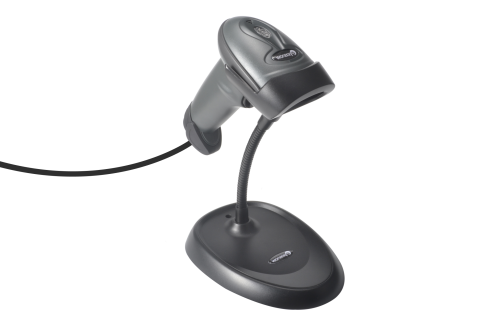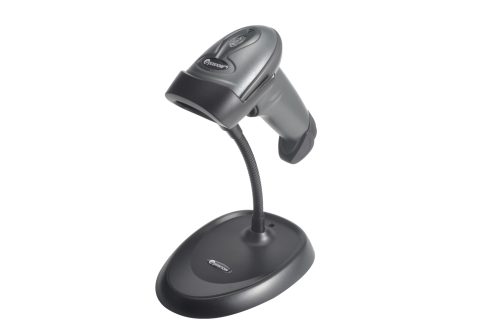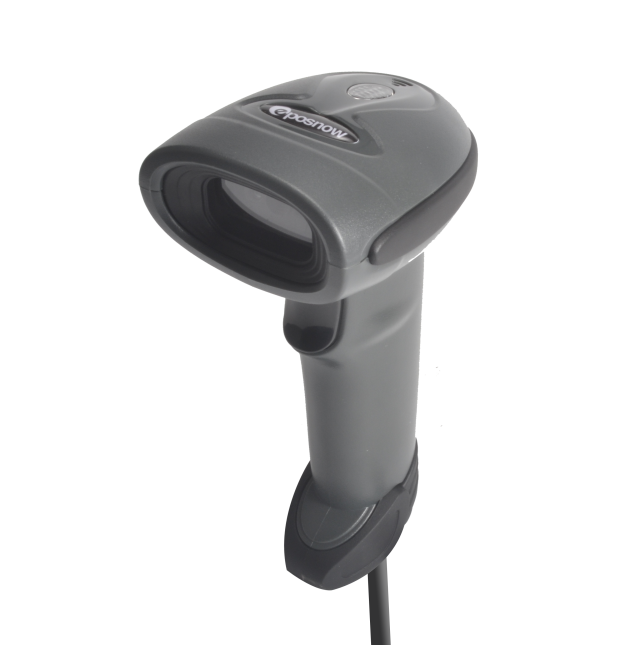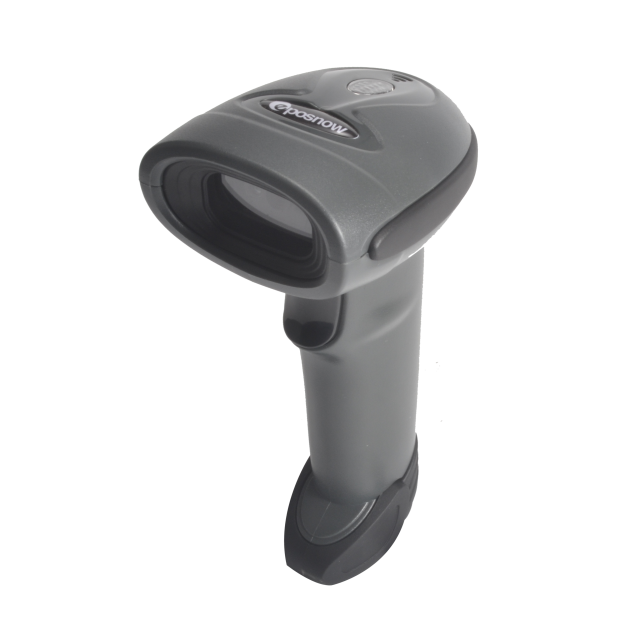Barcode scanner options for your business
Handheld barcode scanners speed up sales transactions and help eliminate human error from your business. Wireless, Bluetooth, USB or countertop; find the barcode scanner to suit your business with Epos Now.
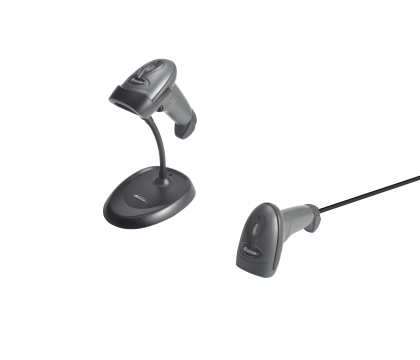
Scan bar codes with powerful readers
Searching for the best barcode scanner for your business? Look no further! Take advantage of the Epos Now range, ready for integration with your Epos Now POS system.
Whether it's low-cost devices like the USB 2D scanner, ideal for smaller shops, or advanced barcode scanners with wireless and Bluetooth functionality for portable scanning, Epos Now has options for all your needs.
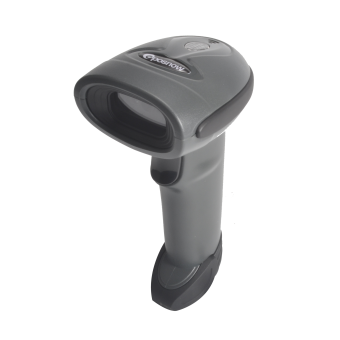
The hospitality and retail business' most sought-after item scanner
Been thinking about buying the best POS barcode scanner solutions for your business? Our handheld barcode scanners are optimized to operate across multiple business sectors.
No matter if you work in the hospitality or retail industry, in a bakery or bookstore, there's an Epos Now barcode scanner that will meet your needs.
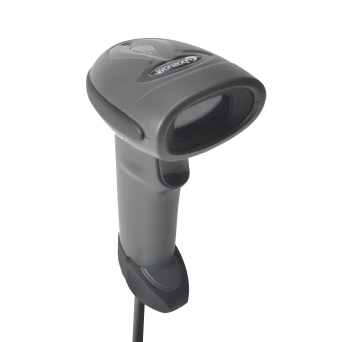
Looking for more information?
If you'd like to know more about how Epos Now can help your business, contact our team or read our frequently asked questions.
- What is the difference between a barcode reader and a scanner?
-
There are all sorts of different phrases to describe the tool you use to scan linear barcodes (or UPC codes. See, there are even lots of ways to talk about barcodes, too!). But they are the same thing!
Most of the time, a barcode tracker or scanner is referred to as a "scanner." (You might also hear "UPC reader" or "SKU scanner," but they're not the most popular terms.)
What's important is the type of scanner, as that will give you more detail as to what functionality you'll have. Examples include:
-
Bluetooth
-
Wireless
-
USB
-
Handheld
This is where you need to choose the type of scanner that can work for you. For instance, a Bluetooth or a wireless barcode scanner is untethered (AKA a type of cordless barcode scanner), giving you access to scan away from your bar or counter. A handheld barcode scanner could have portable features or use a USB port.
When purchasing hardware accessories, you should confirm with technical support what barcode types you can scan, whether it's portable, and any other questions you may have.
-
- What happens when you scan barcodes?
-
Simply put, a barcode represents data. A barcode scanner captures a black-and-white pattern as reflected light and decodes it into numbers. It then relays that information back to your POS or computer and into your database, making sure the right item is added to the customer's basket or total. It's the quickest way to find an item, especially if you have a large product list.
It's worth noting that barcode scanner POS software isn't too complicated, but there are lots of different types of barcodes out there. While you might have heard of Universal Product Codes (UPCs), there are even UPC-a and UPC-e types of UPC, as well as 39-code barcodes, which can include both numbers and letters!
You can also use a QR barcode scanner to scan QR codes (basically a data matrix made from dark and light squares), which customers often scan to access food app menus or visit URLs.
- What are the main differences between the scanners Epos Now has to offer?
-
Epos Now has three barcode reader options for users to choose from:
-
USB barcode scanner. This is the most affordable, simplest device. A USB cable plugs directly into your terminal, allowing you to start scanning straight away.
-
Wireless and Bluetooth barcode scanner. Coming with an easy-access stand, the handheld wireless scanner works similarly to the USB scanner, but can be taken away from the counter, connecting through Bluetooth to your terminal, perfect for stock checks, mobile businesses, and practical scanner needs.
-
Countertop "Omnidirectional" barcode scanner. This device is hands-free! It sits on your desk, allowing you to pass barcodes in front of it. This is perfect for fast scanning needs and businesses where staff have large baskets to work through!
All scanners have beeping options and a few settings changes you can make through a page of setup barcodes that comes with your device (Make sure you hold onto this!).
-
- How do you choose a barcode scanner?
-
To be sure you're making the right choice with any POS hardware, it's essential to establish what you want it to do for your business.
With a barcode finder, the first thing to consider is how you envisage your staff using them. When, where, and how do you plan to scan barcodes? Will there be QR codes? What scanning distance will there be between the barcode and the bar code data? That could make handheld scanners easier for staff as they'll have more flexibility. However, if you have a selection of micro QR code squares on your tables that you need to be able to read, a wireless option may also be useful.
You'll also want a cordless scanner if you're planning to read barcodes from product packaging on the shelves to complete product checks. If you want to speed up the process by taking your scanner to the stock, a wireless inventory barcode scanner is ideal. Combining inventory management software with barcode scanner hardware suited to the task saves hours for your staff building a more efficient business!
- Which type of barcode scanner is best?
-
When it comes to bar code scanning, there's no one best approach. What's more important is to find a way to scan products that improves your business efficiency and lets your staff focus on customers without worrying about whether the barcode images will read and your scans will be successful.
Epos Now looks to build flexibility and efficiency into everything we do, letting our users adapt products like scanners to fit their needs. That includes importing your products by scanning a UPC code into Microsoft Excel to import onto your new system through Mac OS, Android, or Windows devices. Scanning shouldn't make you work hard!

